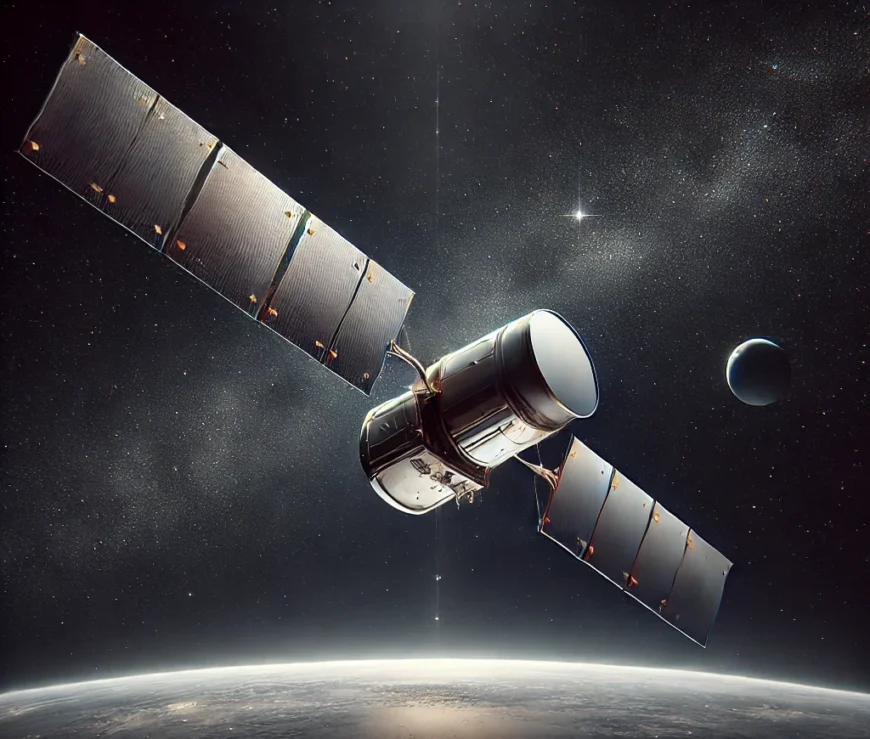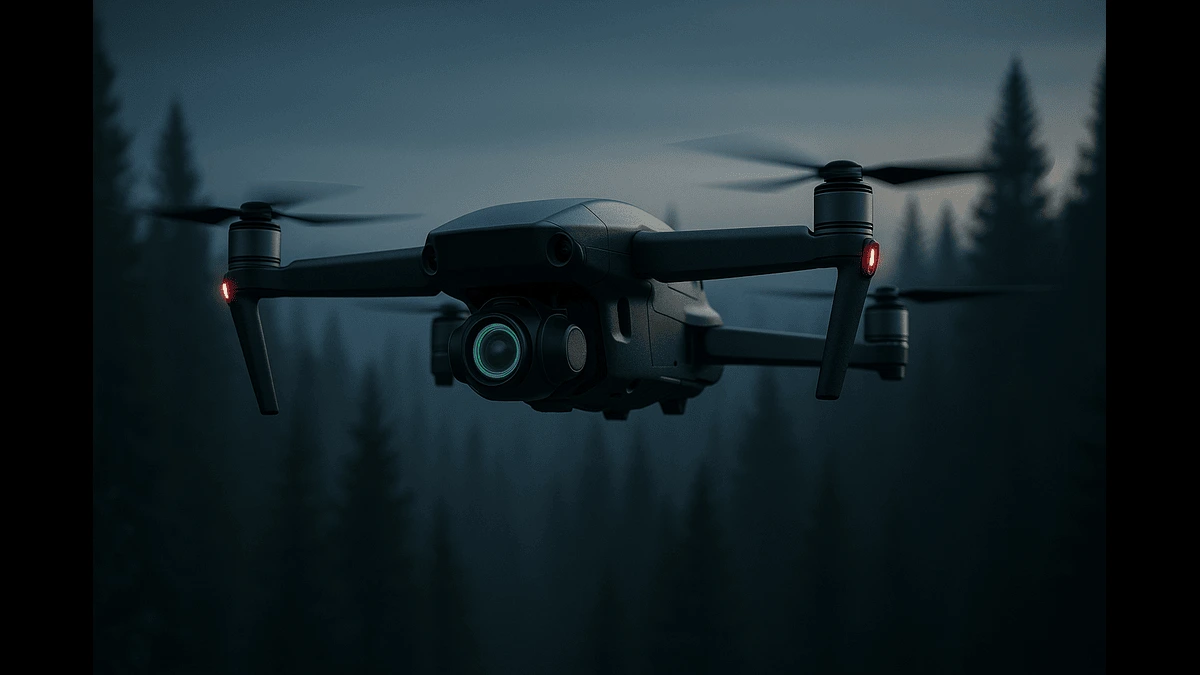
The United States(US) Department of Commerce announced long-awaited changes to export control rules for space technologies. This move is aimed towards reinforcing American competitiveness in the Space Industry. The amendments and changes are expected to ease the process of selling Satellites, Launch Vehicles and Space-related technologies to allies.
The changes are intended to reclassify many space technologies as commercial items rather than weapons. This move will remove Commercial Satellites from the US. Munitions List, which is regulated under the International Traffic in Arms Regulations(ITAR) and put them in the less restrictive Commerce Control List.
The revisions in the rules are based on the feedback the US Commerce Department received over the past 5 years. Many US companies during those five years expressed concerns regarding the regulations in place which put a dent in their ability to compete against international firms. Those organizations have long argued that the stringent requirements of ITAR made them less competitive. The changes will be implemented by the Bureau of Industry and Security, a division of the Commerce Department.
The Framework:
Due to security concerns, the export of defense-related technologies and the ones related to space have always been governed by the ITAR. ITAR is a set of rules which is administered by the US Department of State. ITAR rules require extensive licensing processes for any defence-related exports, including space systems with potential military uses. Companies expressly highlight that those rules have long hindered the US firms’ ability to penetrate foreign markets and collaborate with potential allies.
Under the new rules, certain space technologies will no longer require State Department Licenses for exports to trusted allies. The new rules remove licensing requirements for technologies related to Remote Sensing, Space-Based Logistics and servicing Spacecraft destined for the UK, Canada and Australia. This rule is meant to improve collaboration and collective security by removing regulatory barriers.
Licensing requirements may also be done away with certain spacecraft components destined for 40 ally countries. Licenses are planned to be exempted for certain items involved in NASA cooperative programs.
A third rule that is currently mulled over, which might ease the ITAR restrictions is to transfer some items from the US Munitions List to Commerce Control List. Spacecrafts that contribute to Space Awareness, Collision Avoidance, Cooperative Docking etc will come under the ambit of this rule.
Benefits for the US Space Industry:
Organizations engaged in the In-Space Servicing, Assembly and Manufacturing(ISAM) sector have long held a view that a less restrictive export control regime increases the ability of those firms to compete globally. Such companies develop spacecraft capable of increasing the life of satellites, repairing mechanical issues, removing obsolete satellites from orbit etc.
Moving Commercial Satellites and Technologies from the Munitions List to the Commerce Control List will reduce the time and expense needed to secure licenses and this would make the US companies more agile to international demand. The space industry has always been deeply intertwined with the defence industry. This makes it subject to ITAR’s licensing process. The new rules are meant to debottleneck the existing red-tapism and still maintain safeguards.






